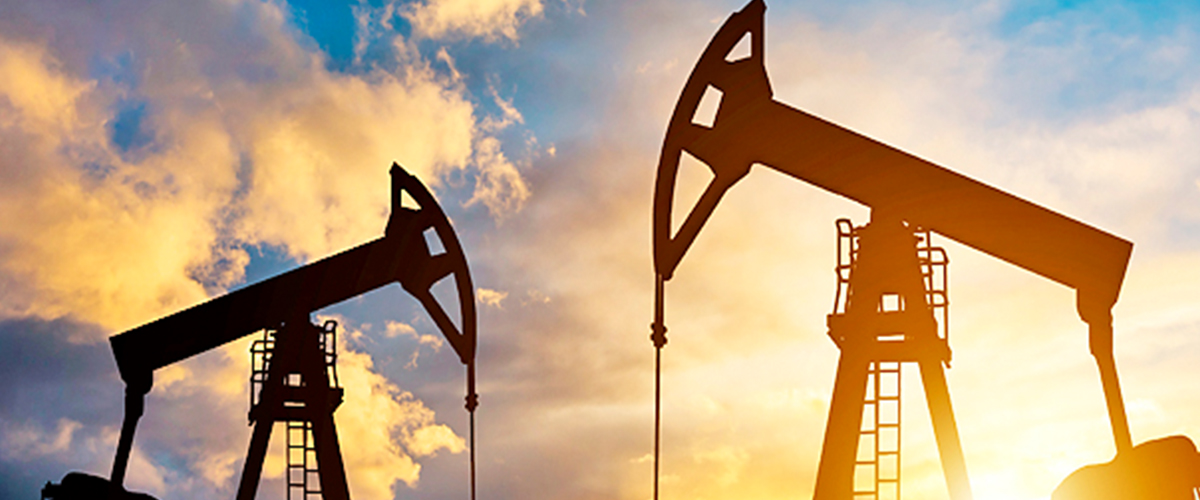Structural reform efforts need to be continued to diversify Brunei Darussalam’s economy to improve its economic growth prospects. Without economic diversification, a broad-based global recession that leads to a decline in world demand and oil prices will affect Brunei’s economic growth, fiscal balance, and external sector.
This was highlighted by ASEAN+3 Macroeconomic Research Office (AMRO) in its annual ASEAN+3 Regional Economic Outlook (AREO) report on the Sultanate published this week.
The report added that climate change, particularly the low-carbon transition, is also a key perennial risk impacting the country’s economic sustainability.
In the short term, major risks facing Brunei’s economy continue to revolve around its concentration in the oil and gas sector and the COVID-19 pandemic.
The country’s high dependence on the oil and gas sector makes it less resilient to domestic and external shocks which adversely impact its external position and fiscal balance.
The report noted that the plunge in global demand for oil and gas in 2020 affected the economy significantly, in addition to the second wave of COVID-19 infections due to the Delta variant and the COVID-related border restrictions adversely affecting the country’s short-term performance.
Despite the easing of containment policies in late 2021 as the second wave of infections subsided, any new and sustained wave of the Omicron variant could threaten the near-term outlook, especially considering the slow progress in economic diversification.
April 27, 2022













